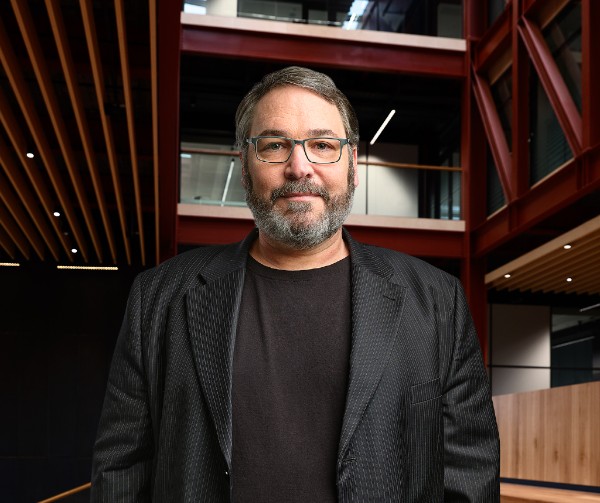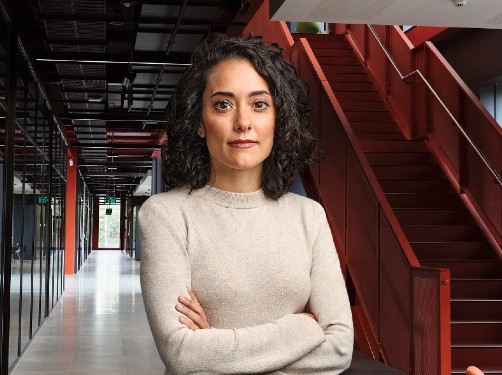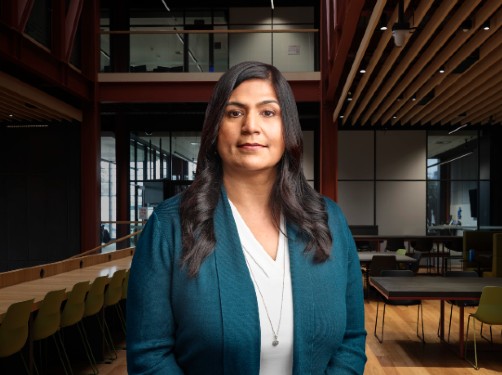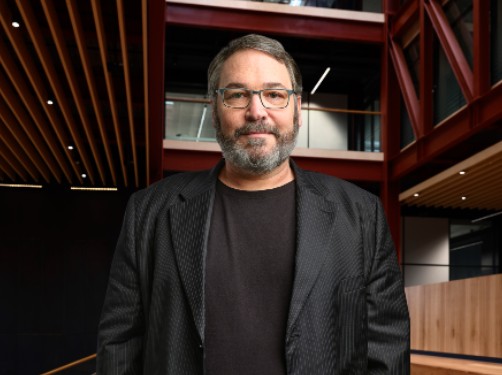Michael has built a career researching the potential of various digital technologies to enable, extend, and even enhance student learning. He has seen first-hand both the positive and negative effects curriculum, learning and assessment design can have on student outcomes. And he’s out to change it.
“Our role as educators is to empower students and give agency to them so that they can take action and change what they do and how they do it.”
His career has seen him lead a team of 20 researchers at the Digital Education Research Group, and now he is a Professor of Digital Futures here at Monash University. When Michael’s not teaching the next generation of change-makers in Monash Online’s Graduate Certificate of Educational Design, he’s working with leadership across the University to help guide a wide range of digital initiatives. Some of these include online delivery, hybrid teaching, online exams and assessment security, and learning analytics. He plays a key role in Monash University’s efforts towards international excellence in research and education.
Leveraging technology to deliver meaningful feedback to students
Over the last five years Michael’s work has zeroed in on the critical role feedback plays in a student’s learning experience. He describes feedback as ‘the singular moment when you get to understand how you’re tracking’. The moment that enables you to take action, to do and be something different than what you have been. It’s recognized as being one of the most powerful factors in student outcomes, both positive and negative. And that’s why Michael believes we should be investing our research in it.

“If we get it right, we’re really helping students. But we could also get it wrong, which would be really negative. So we better know about it.”
Whilst it’s his primary research focus, feedback is just one of many ways Michael explores how we can better develop a learner-centred experience.
Designing equal opportunity for learners of all backgrounds
Michael believes educational design is the cornerstone of the education sector. He knows his Educational Design students at Monash will play a key role in developing and revising the future of Australia’s curriculum. The curriculum aims to standardise what students learn at primary and secondary school levels – and ensures that all young Australians, regardless of their location and socio-economic background, receive an equitable and high-quality education. It’s a big responsibility, and whilst Michael is especially interested in shaping how teachers conduct their learning; he takes the most pride in seeing the flow-on effect a well-equipped teacher has on their student’s experience.

“I’m always fascinated by how we can improve our connection, our relationships, and the outcomes from teacher to student.”
He believes supporting staff teachers and helping them adopt meaningful and useful technological practices will be the key to improving Australia’s educational sector.
An exciting future in a high job growth area
Working with artificial intelligence, machine learning and other algorithmic approaches, Michael believes, makes for an interesting future for educational design. So much of what we know about education and how to get the best out of students will be challenged as data collection and analysis and innovative technologies are further developed. It’s part of the reason jobs in educational design are expected to grow by an impressive 21.7% over the next five years.
This predicted growth also comes in accordance with a vision set out by the Department of Education Training in the National Career Education Strategy. It aims to better prepare students for the future workplace. A vision that all of Monash Online’s Educational Design students will be able to help bring to life, with guidance from a professor who’s dedicated his life to doing just that.
Learn more about the Graduate Certificate of Educational Design or start your online application now.



